EDITORIAL
Published on 07 Feb 2023
Editorial: Assessment practices with Indigenous children, youth, families, and communities
doi 10.3389/feduc.2022.1105583
- 1,589 views
20k
Total downloads
135k
Total views and downloads
EDITORIAL
Published on 07 Feb 2023
ORIGINAL RESEARCH
Published on 04 Jan 2023
ORIGINAL RESEARCH
Published on 26 May 2022
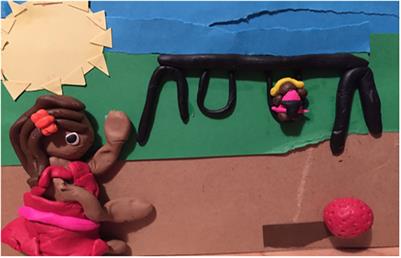
CURRICULUM, INSTRUCTION, AND PEDAGOGY
Published on 14 Mar 2022
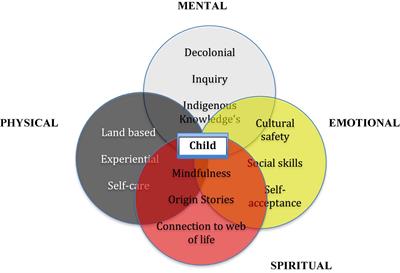
ORIGINAL RESEARCH
Published on 24 Feb 2022
ORIGINAL RESEARCH
Published on 21 Feb 2022
HYPOTHESIS AND THEORY
Published on 31 Aug 2021
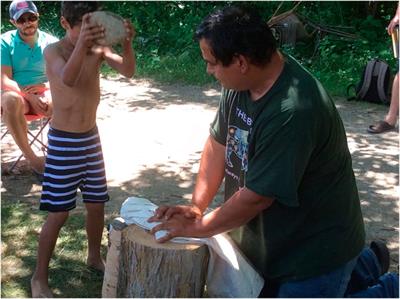
POLICY AND PRACTICE REVIEWS
Published on 16 Jul 2021
REVIEW
Published on 09 Jul 2021
ORIGINAL RESEARCH
Published on 01 Jul 2021
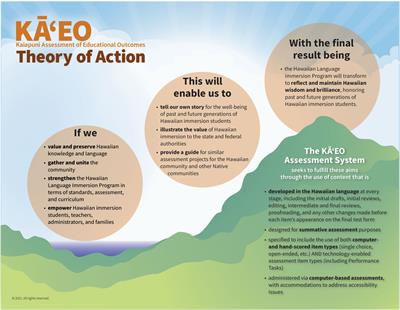
ORIGINAL RESEARCH
Published on 23 Jun 2021
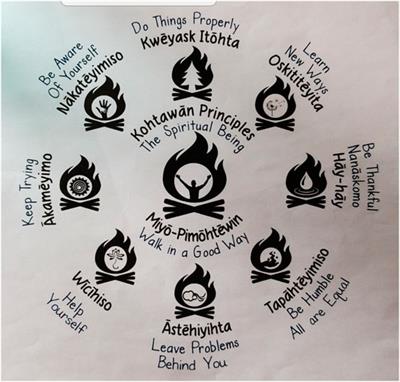
CONCEPTUAL ANALYSIS
Published on 16 Jun 2021